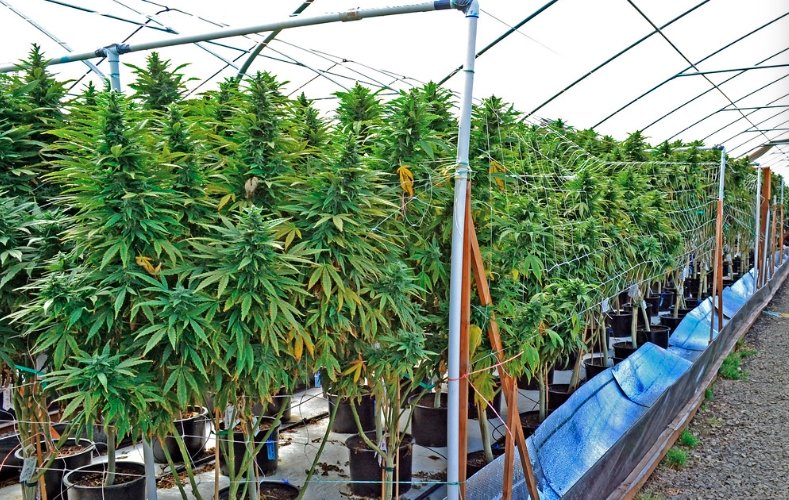A recent study published in JAMA Health Forum examined the association between recreational cannabis laws (RMLs) and workplace injuries among younger workers aged 20 to 34 years. The study found that states that legalized recreational cannabis sales saw a significant increase in workplace injuries among this age group, compared to states that did not.
The Impact of Recreational Cannabis on Cognitive Function and Care
The researchers hypothesized that recreational cannabis use may impair cognitive function and care among younger workers, leading to more workplace accidents. They cited previous studies that showed adverse health effects of marijuana use, such as diminished attention, memory, and executive function. They also noted that marijuana use may act as a gateway to harder drugs, such as opioids, that may further impair work performance.

To test their hypothesis, the researchers used state-by-year workplace injury data from the Bureau of Labor Statistics Survey of Occupational Injuries and Illnesses from 2006 to 2020. They compared the changes in workplace injuries per 100 full-time workers and per 100 persons before and after the adoption of RMLs in 13 states and Washington, DC. They controlled for other factors that may affect workplace injuries, such as state demographics, economic conditions, and other marijuana policies.
The Results: A 10% Increase in Workplace Injuries Among Younger Workers
The study found that RML adoption was associated with a 9.6% increase in workplace injuries per 100 full-time workers and a 10.0% increase in injuries per 100 persons among younger workers aged 20 to 34 years. The increase was driven by RMLs that allowed for recreational sales, such as dispensaries, which were associated with an 11.9% and 10.0% increase in injuries per 100 full-time workers and per 100 persons, respectively. RMLs that did not allow sales, such as home cultivation, did not have a significant effect on workplace injuries.
The researchers also found that the increase in workplace injuries was larger for male workers, who are more likely to use marijuana than female workers, and for workers in industries that are more prone to accidents, such as construction, manufacturing, and transportation.
The Implications: A Need for More Education and Prevention
The study concluded that RMLs that allow recreational sales may have unintended consequences for workplace safety, especially among younger workers. The researchers suggested that more education and prevention efforts are needed to inform workers and employers about the potential risks of recreational cannabis use and to reduce workplace injuries. They also called for more research to understand the mechanisms and long-term effects of RMLs on worker health and productivity.



